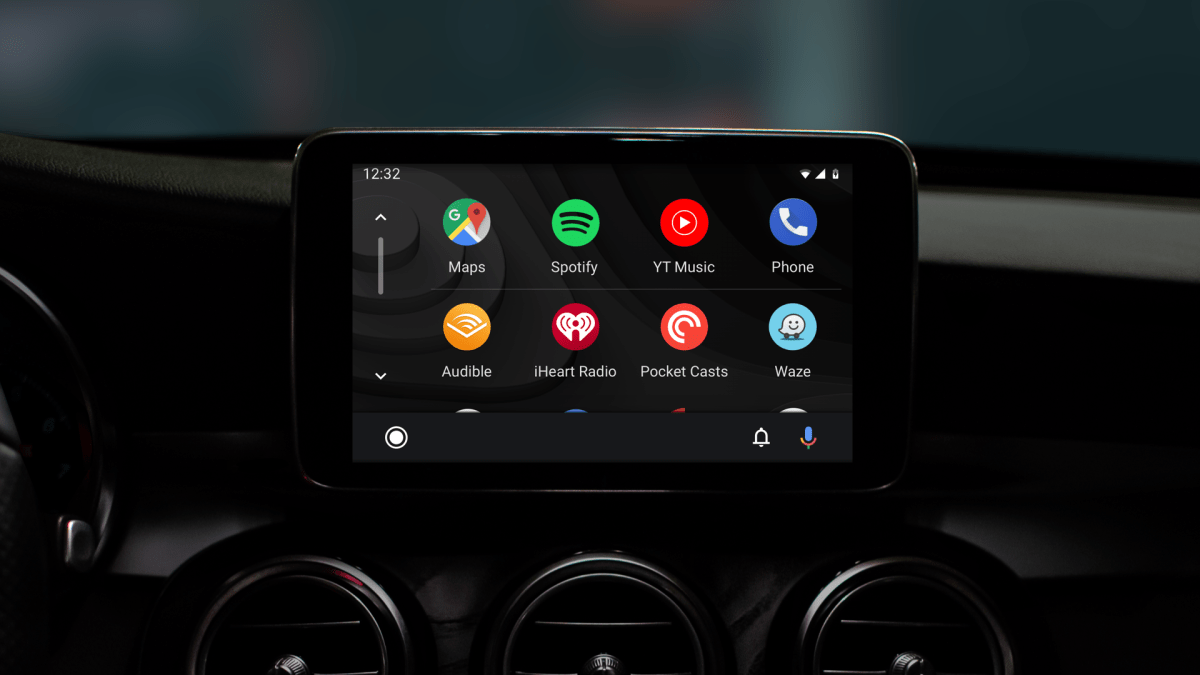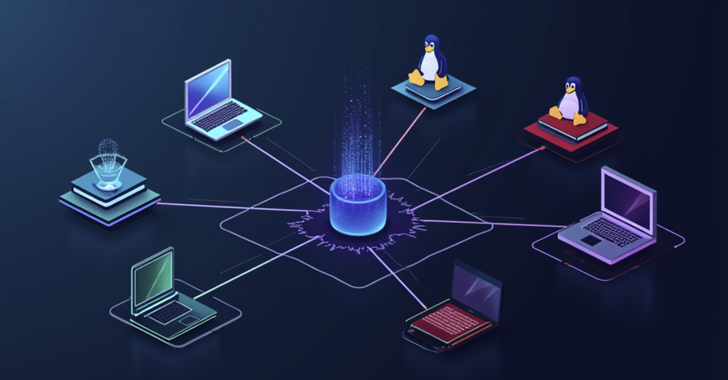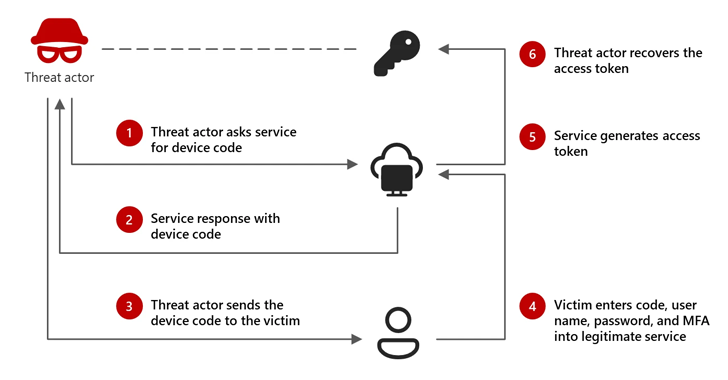
[ad_1]
Europe’s top court has weighed in to clarify the rules around interoperability requirements on Big Tech in a referral on a case related to Google’s Android Auto platform.
Build a website that pays you back with real revenue.
Back in 2021, the tech giant was hit with an €100 million antitrust fine by Italy’s competition authority for refusing to let a third-party electric car charging app made by energy company Enel X Italia integrate with its Android Auto platform, a version of its mobile OS for in-car use.
Google had claimed restrictions on Enel’s app were necessary to ensure drivers were not distracted — despite the company having granted interoperability for its Android Auto platform to thousands of other apps.
The Italian authority took the view that Google’s initial block on Enel from integrating with Android Auto constituted an abuse of a dominant position that harmed the other company’s competitiveness by crimping its ability to attract consumers. Tuesday’s ruling by the Court of Justice of the EU (CJEU) aligns with the watchdog’s assessment, as the court has affirmed that a refusal of interoperability in a dominant market position context can constitute antitrust abuse.
While the Enel vs. Android Auto case had already been resolved — following Enel’s complaint Google did develop a template for electric car charging apps which it subsequently went on to avail itself of — the CJEU judgement sets out conditions for market leading tech giants when it comes to interoperability that could have wider applicability for app makers seeking to plug their wares into key platforms.
So while the court found that a refusal of interoperability by a company that holds a dominant market position can be abusive — including when the platform itself is “not indispensable to the commercial operation of the app” — the judgement states that a refusal may be justified “by the fact that there is no template for the category of apps concerned” at the time of the access request; or where granting interoperability “would compromise the security or integrity of the platform”.
An access request that would be technically impossible is also an appropriate reason for refusal, the CJEU said.
If none of these exceptions apply, the ruling states that the platform operator must fulfil the interoperability request within a “reasonable and necessary” period of time. Depending on the circumstances, the court also said that an “appropriate” financial recompense may apply.
In the case of any payment, the press release issued by the court notes that “it is necessary to take account of the needs of the third-party undertaking which requested that development, the actual cost of the development and the right of the undertaking in a dominant position to derive an appropriate benefit from it.”
Reached for a response to the CJEU ruling, Google spokeswomen Jo Ogunleye emailed TechCrunch a statement in which the company expressed disappointment with the ruling.
With Android Auto, Google claims it has prioritized developing features that drivers need the most, starting with media and messaging apps — implying that users will lose out if it is forced to redirect finite development resource at “specific companies’ requests.”
“Whilst we have now launched the feature Enel requested, it was relevant for only 0.04% of cars in Italy when Enel originally asked for it. We prioritise building the features drivers need most because we believe that innovation should be driven by user demand, not specific companies’ requests,” the company wrote. “We’re disappointed with this ruling and we will now review it in detail,” they added.
It’s worth noting that the European Union’s Digital Markets Act (DMA) also sets out regional rules for interoperability requirements on Big Tech in areas like dominant messaging apps.
However, this ex ante competition regulation only applies to tech giants that have previously been designated as a so-called gatekeeper by the European Commission, and also only to specific core platform services (CPS) that they operate which the EU also designates. So while Google has been named a DMA gatekeeper, its Android Auto platform is not a regulated CPS at present.
But, as this CJEU ruling underscores, interoperability requirements may still apply to market leaders’ wider business interests across the EU.
[ad_2]
Source link
Related posts:
Stay Safe Online: Essential Tips for Safer Internet Day
Is Your Phone Your Best Friend or a Silent Spy?
Wipe Your Digital Footprints with Data Wipe Software
No, you’re not fired – but beware of job termination scams
DeceptiveDevelopment targets freelance developers
Fake job offers target coders with infostealers
Belarus-Linked Ghostwriter Uses Macropack-Obfuscated Excel Macros to Deploy Malware
LightSpy Expands to 100+ Commands, Increasing Control Over Windows, macOS, Linux, and Mobile
CISA Adds Microsoft and Zimbra Flaws to KEV Catalog Amid Active Exploitation
Malicious PyPI Package "automslc" Enables 104K+ Unauthorized Deezer Music Downloads
CERT-UA Warns of UAC-0173 Attacks Deploying DCRat to Compromise Ukrainian Notaries
Three Password Cracking Techniques and How to Defend Against Them
New Linux Malware ‘Auto-Color’ Grants Hackers Full Remote Access to Compromised Systems
SOC 3.0 - The Evolution of the SOC and How AI is Empowering Human Talent
Leaked Black Basta Chat Logs Reveal $107M Ransom Earnings and Internal Power Struggles
Microsoft: Russian-Linked Hackers Using 'Device Code Phishing' to Hijack Accounts
AI-Powered Social Engineering: Ancillary Tools and Techniques
Lazarus Group Deploys Marstech1 JavaScript Implant in Targeted Developer Attacks
New “whoAMI” Attack Exploits AWS AMI Name Confusion for Remote Code Execution
Android's New Feature Blocks Fraudsters from Sideloading Apps During Calls
New Golang-Based Backdoor Uses Telegram Bot API for Evasive C2 Operations
⚡ THN Weekly Recap: Google Secrets Stolen, Windows Hack, New Crypto Scams and More
CISO's Expert Guide To CTEM And Why It Matters
South Korea Suspends DeepSeek AI Downloads Over Privacy Violations
Microsoft Uncovers New XCSSET macOS Malware Variant with Advanced Obfuscation Tactics
Cybercriminals Exploit Onerror Event in Image Tags to Deploy Payment Skimmers
New Xerox Printer Flaws Could Let Attackers Capture Windows Active Directory Credentials
Winnti APT41 Targets Japanese Firms in RevivalStone Cyber Espionage Campaign
Juniper Session Smart Routers Vulnerability Could Let Attackers Bypass Authentication
Debunking the AI Hype: Inside Real Hacker Tactics
Build a website that pays you back with real revenue.



















